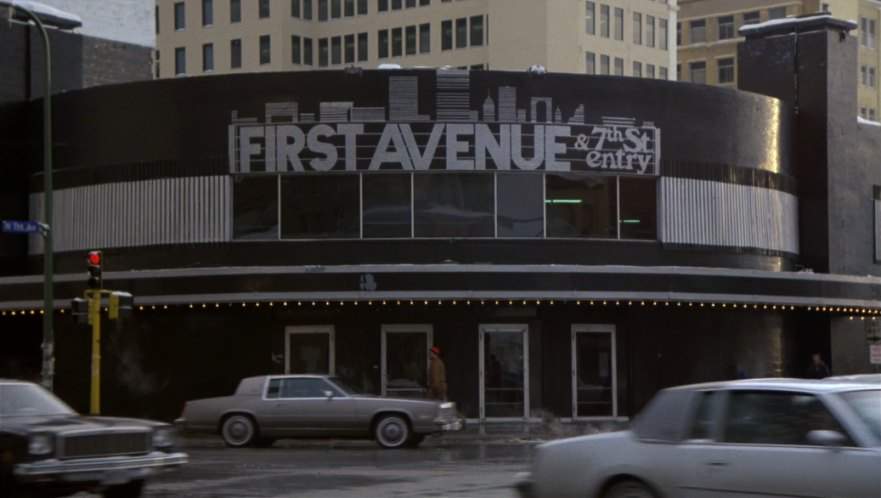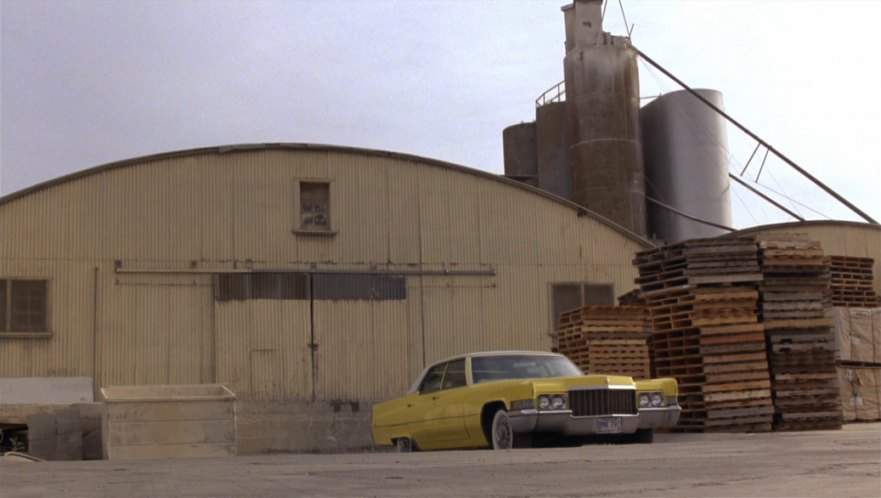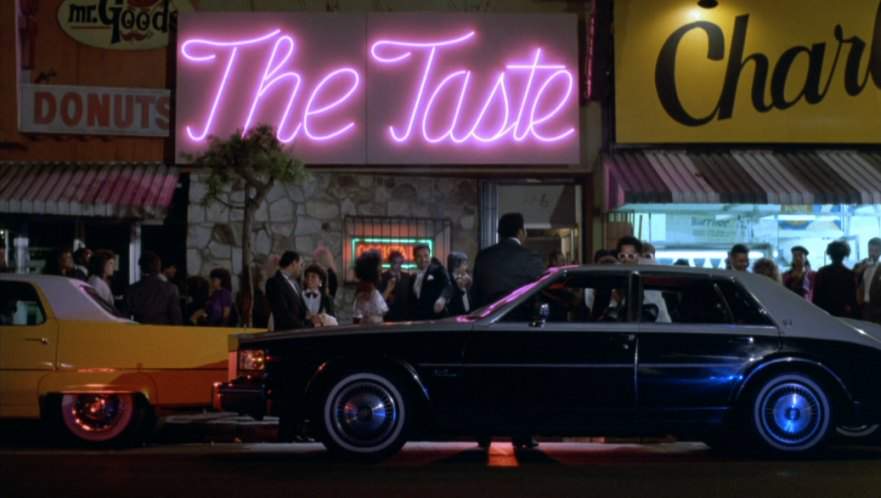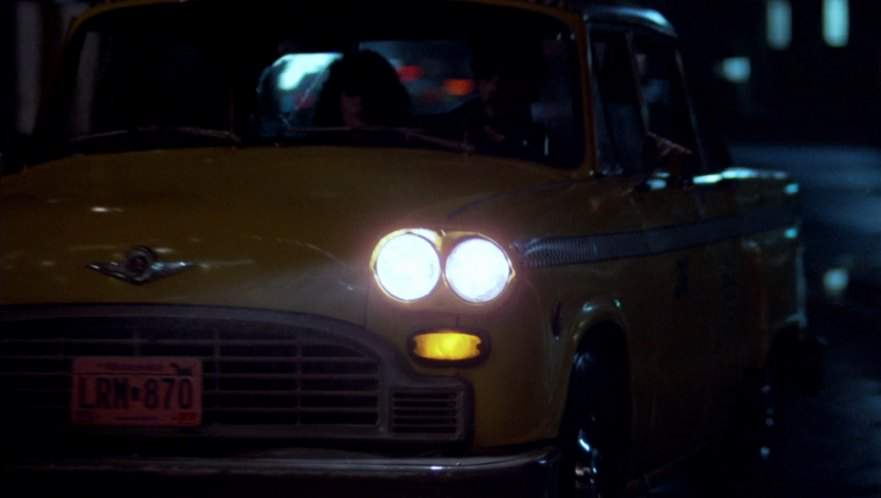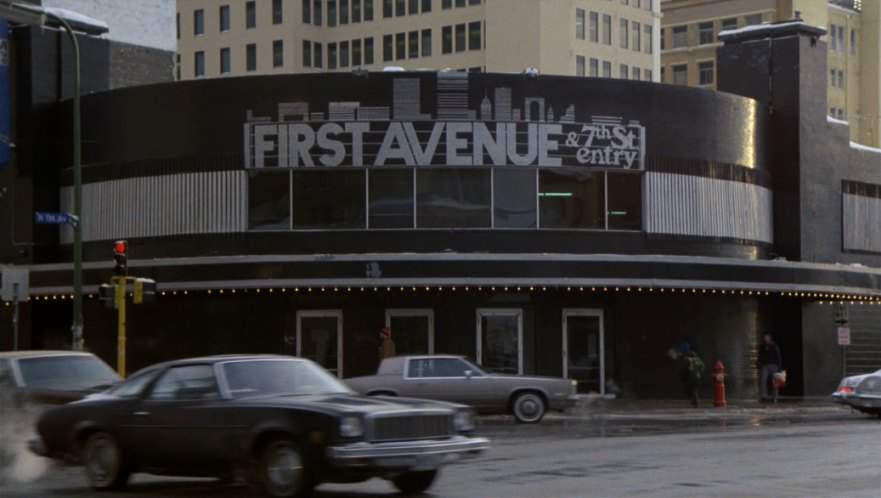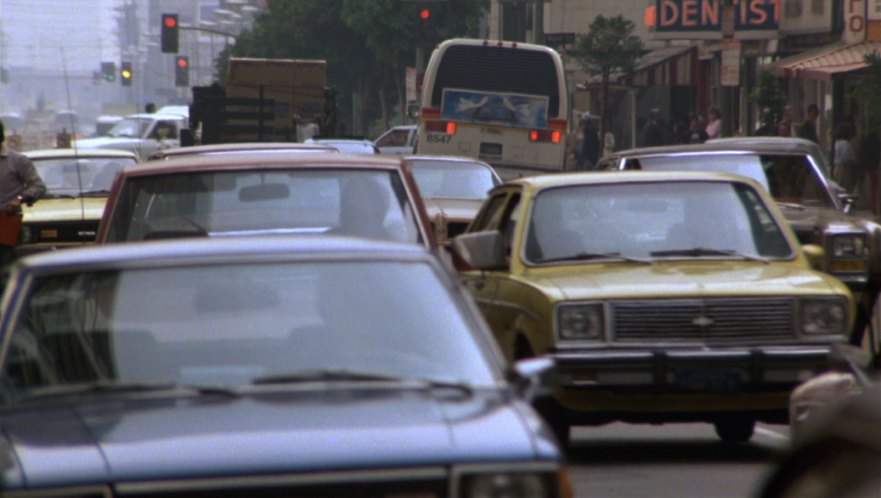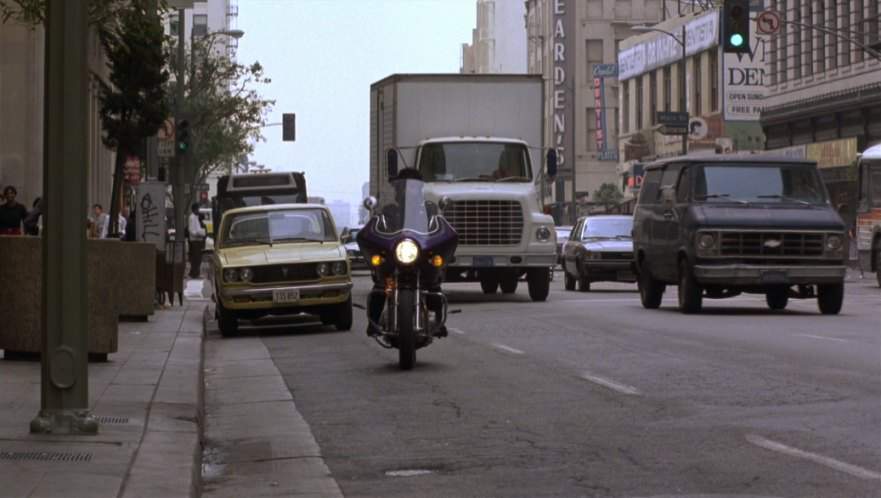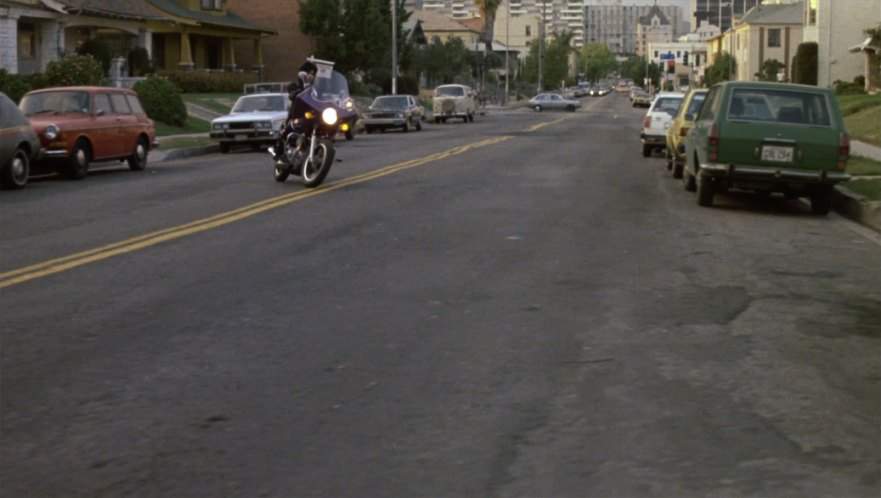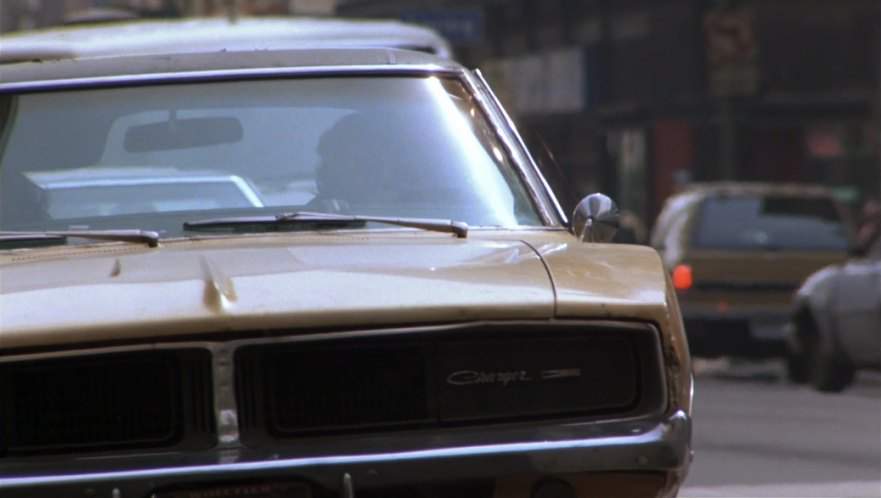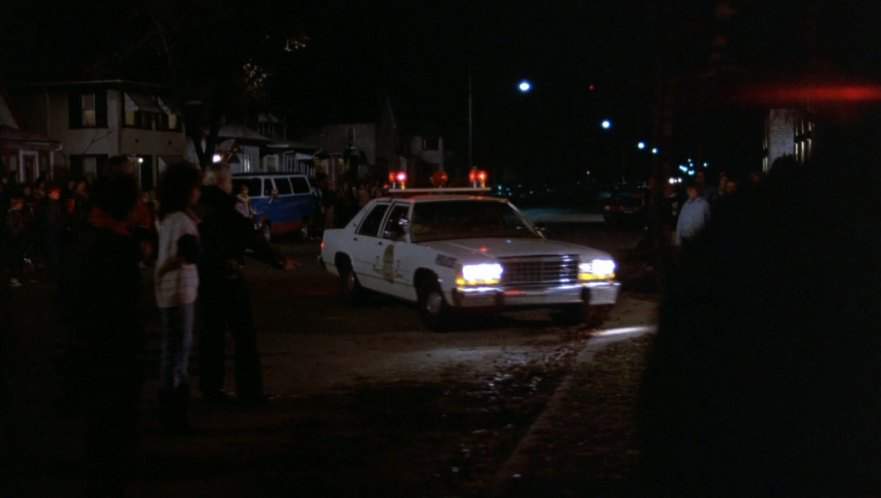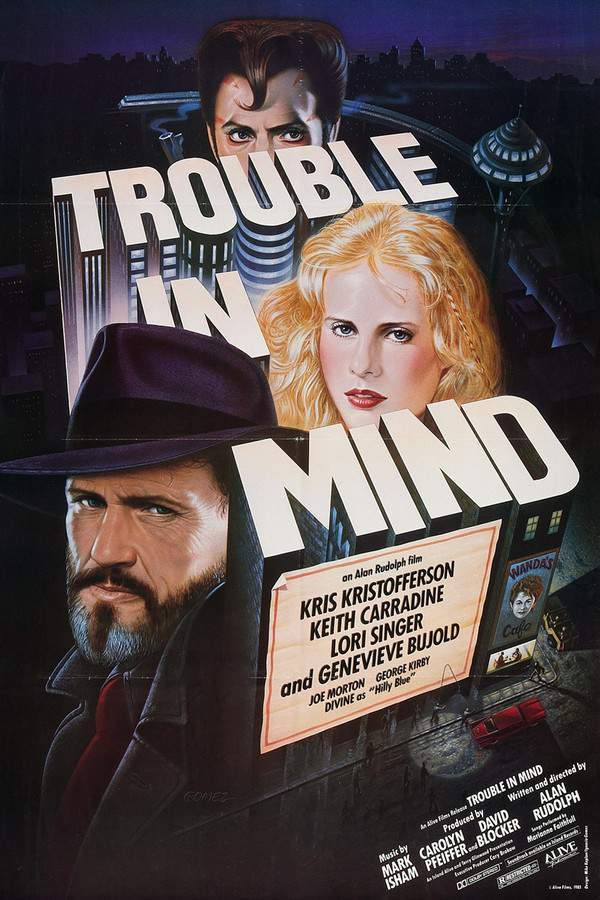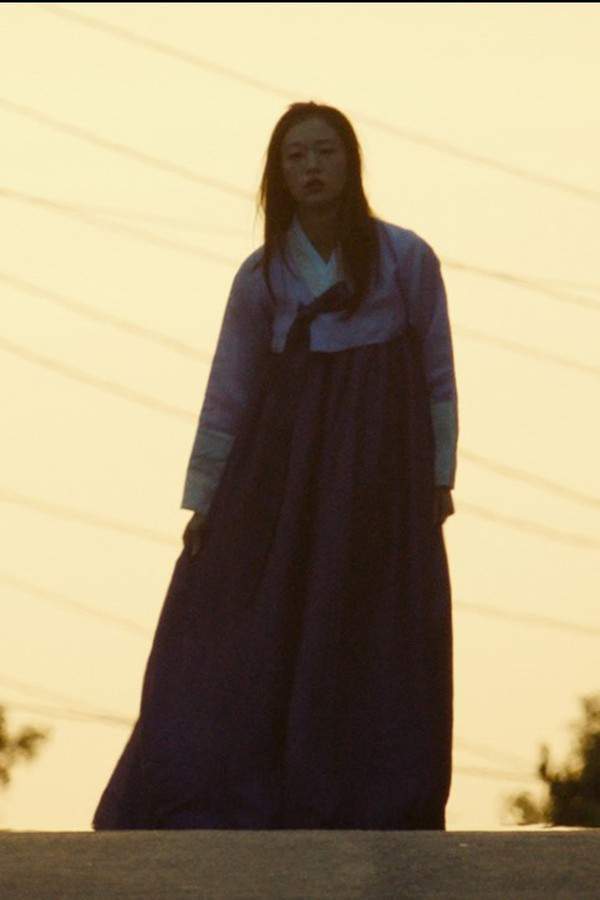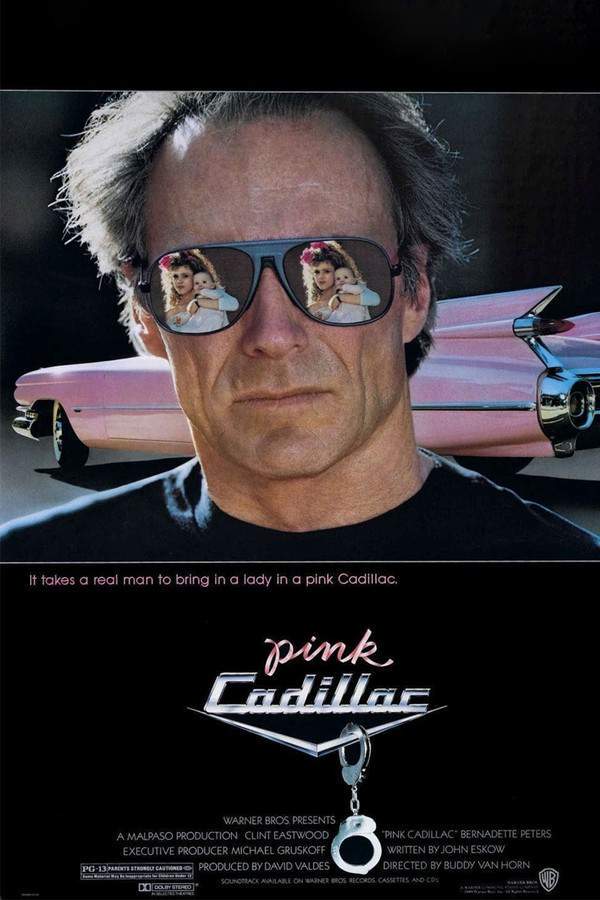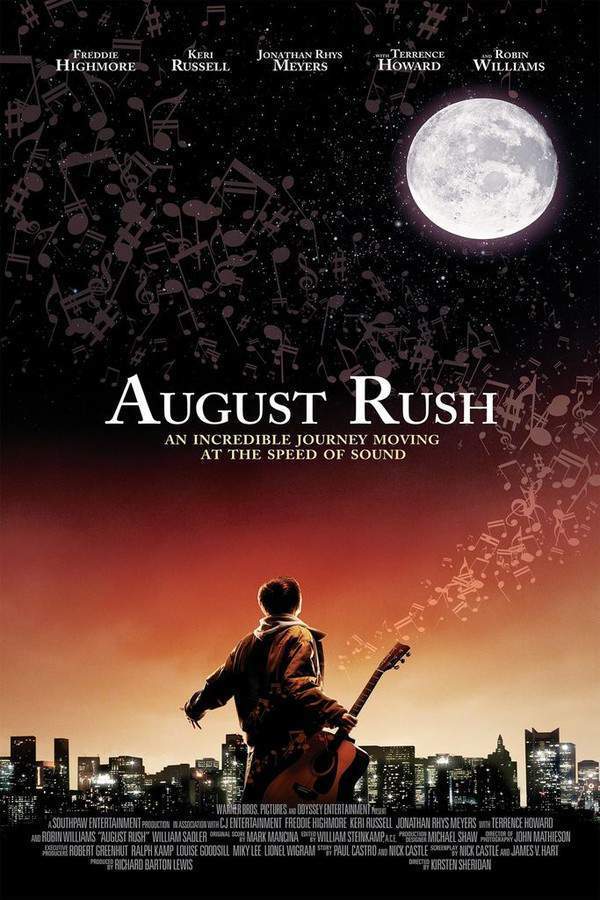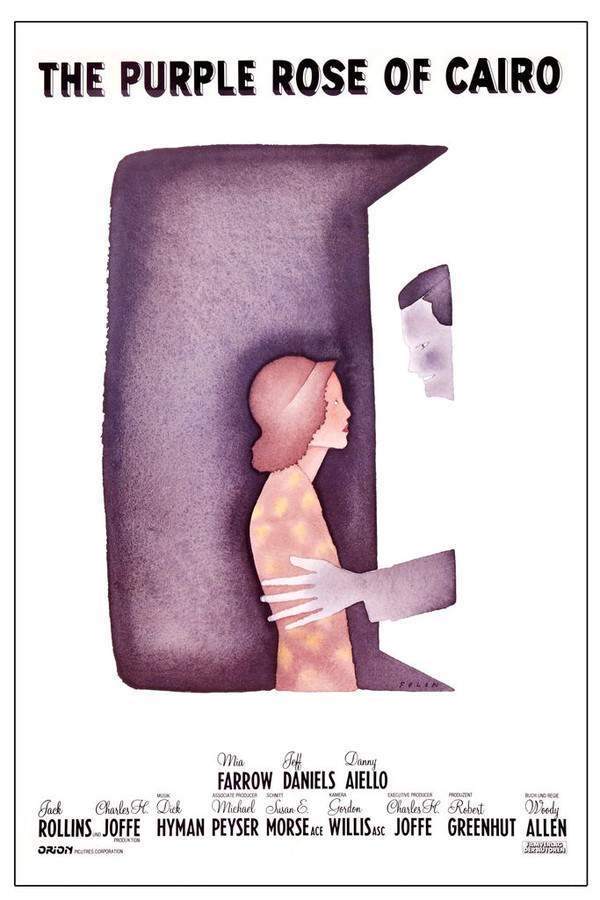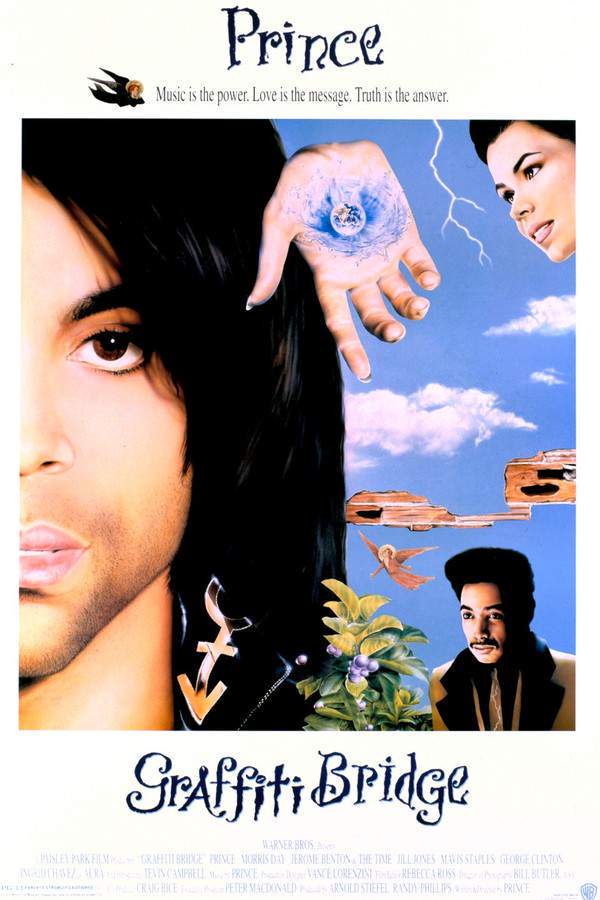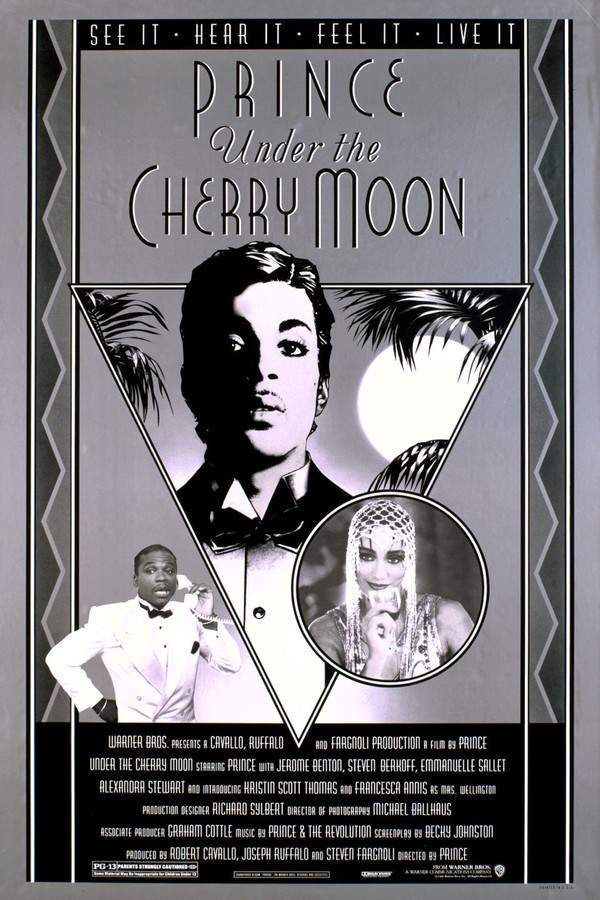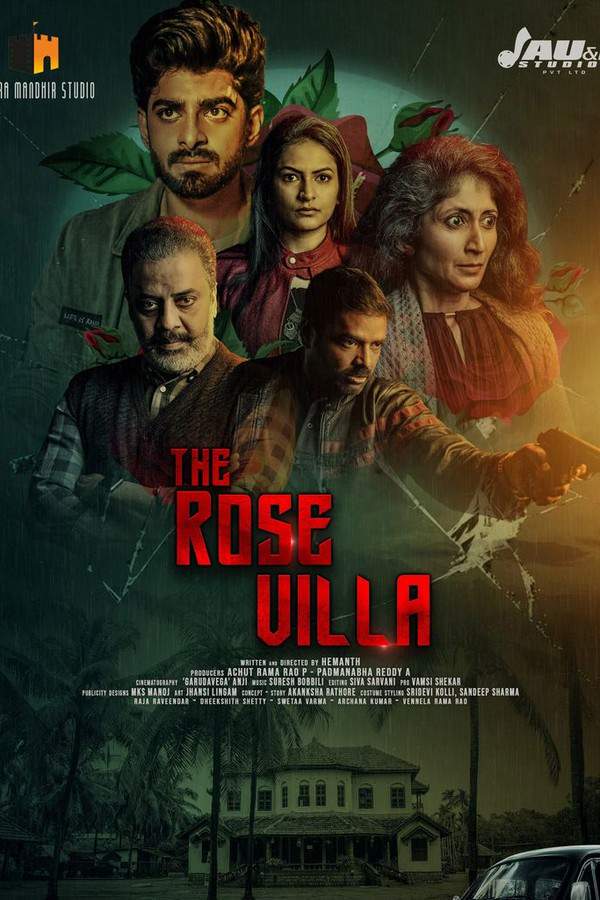Purple Rain 1984
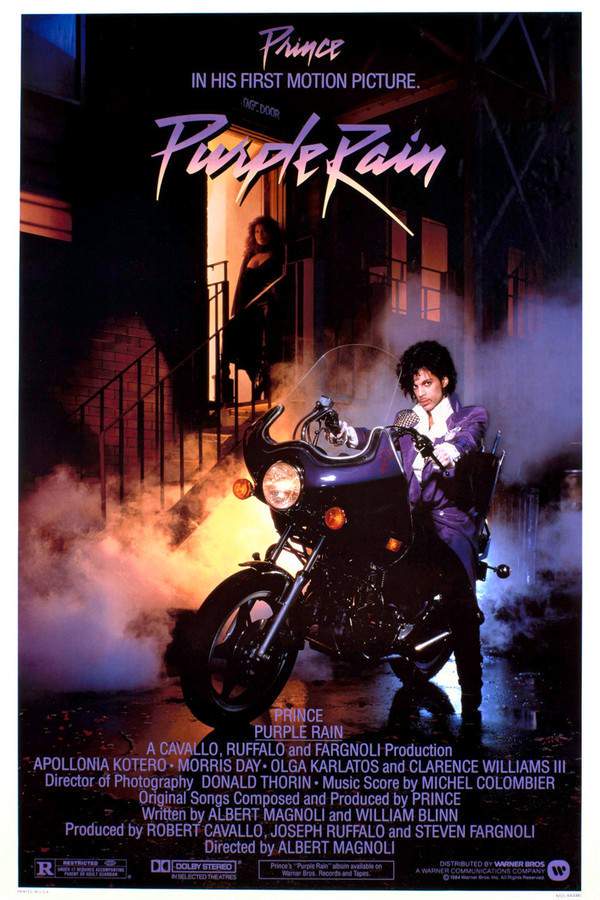
Amidst the dynamic music scene of Minneapolis, a young and rebellious musician known as the Kid seeks refuge in his artistry. As he leads his band, the Revolution, toward potential stardom, he grapples with a difficult past and the shadow of his father's mistakes. He also finds himself drawn to the captivating Apollonia, creating a complex web of love and conflict as he strives for success and personal redemption.
Does Purple Rain have end credit scenes?
No!
Purple Rain does not have end credit scenes. You can leave when the credits roll.
Meet the Full Cast and Actors of Purple Rain
Explore the complete cast of Purple Rain, including both lead and supporting actors. Learn who plays each character, discover their past roles and achievements, and find out what makes this ensemble cast stand out in the world of film and television.
External Links and Streaming Options
Discover where to watch Purple Rain online, including streaming platforms, rental options, and official sources. Compare reviews, ratings, and in-depth movie information across sites like IMDb, TMDb, Wikipedia or Rotten Tomatoes.
Ratings and Reviews for Purple Rain
See how Purple Rain is rated across major platforms like IMDb, Metacritic, and TMDb. Compare audience scores and critic reviews to understand where Purple Rain stands among top-rated movies in its genre.

55
Metascore
7.0
User Score


%
TOMATOMETER

0%
User Score

6.5 /10
IMDb Rating

67
%
User Score
Take the Ultimate Purple Rain Movie Quiz
Challenge your knowledge of Purple Rain with this fun and interactive movie quiz. Test yourself on key plot points, iconic characters, hidden details, and memorable moments to see how well you really know the film.
Purple Rain Quiz: Test your knowledge on the themes and characters of Purple Rain from 1984.
Who is the lead singer of The Revolution?
The Kid
Morris Day
Billy Sparks
Apollonia
Show hint
Awards & Nominations for Purple Rain
Discover all the awards and nominations received by Purple Rain, from Oscars to film festival honors. Learn how Purple Rain and its cast and crew have been recognized by critics and the industry alike.
The 57th Academy Awards 1985
Music (Original Song Score)
42nd Golden Globe Awards 1985
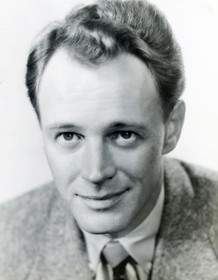
Full Plot Summary and Ending Explained for Purple Rain
Read the complete plot summary of Purple Rain, including all major events, twists, and the full ending explained in detail. Explore key characters, themes, hidden meanings, and everything you need to understand the story from beginning to end.
The film begins in the vibrant First Avenue nightclub in Minneapolis, where the electrifying band The Revolution, led by Prince, captivates the audience with their hit song “Let’s Go Crazy.” Among the attendees is the ambitious Apollonia, portrayed by Apollonia Kotero, who seeks to speak with the manager but finds him unavailable. Instead, a staff member takes her details, setting the stage for her journey in the world of music.
As the night progresses, a rivalry unfolds between The Kid and Morris Day, the leader of The Time, following their energetic sets. The Kid, who lives with his parents — a troubled mixed-race couple — finds himself in a home where his father, played by Clarence Williams III, is abusive towards his mother. Every attempt The Kid makes to defend her is met with aggression from his father, creating a turbulent home environment.
The next day, Morris and the club owner, Billy, express concerns about The Revolution’s waning appeal and discuss forming an all-female group, leaving The Kid’s future uncertain. Determined to win over Apollonia, The Kid takes her for a thrilling motorcycle ride to a nearby lake, challenging her to jump into what he misleadingly claims is Lake Minnetonka. When she does, he confesses that it’s not, but he stays, allowing her to climb back onto his bike.
Tensions rise as members of The Revolution, specifically Wendy and Lisa, feel ignored by The Kid when they present him with their original music. Meanwhile, Morris attempts to lure Apollonia into his new girl group. He suggests that The Kid isn’t the one to help her launch her career, while The Kid performs and painfully watches their growing connection. During a heartfelt moment, he sings “The Beautiful Ones,” leaving Apollonia in tears, showcasing the emotional stakes of their relationship.
As their romance deepens, The Kid brings Apollonia home, where the mood turns intimate, underscoring their bond. However, their relationship takes a dark turn when The Kid violently reacts to Apollonia’s decision to join Morris’s group, mirroring the abuse he witnesses at home.
In a pivotal moment, after learning that one act will be cut from the club, The Kid rides off to reflect, accompanied by the haunting sound of “When Doves Cry.” Returning home, he confronts his father’s struggles, discovering the pain behind the man he’s grown to resent.
The narrative unfolds as The Revolution continues to perform, with The Kid pushing boundaries on stage, but the audience’s enthusiasm is dwindling. Apollonia, caught between the two men, finds herself humiliated at a provocative show, leading to a significant confrontation that forces The Kid to confront his anger and jealousy.
Tragedy strikes when The Kid discovers his father’s attempted suicide. In the aftermath, while rummaging through his father’s hidden compositions, he gains inspiration to create his own music. As tensions rise with Morris and his girl group, The Time, it becomes evident that change is imminent for The Kid.
During a climactic performance, The Kid honors his father’s memory by dedicating “Purple Rain” to him, evoking an emotional response from the crowd, including a tearful Billy. With newfound determination and the support of his band, he reclaims his identity and delivers a powerful encore, “I Would Die 4 U,” leaving the audience electrified and signaling a possible reconciliation with Apollonia.
The film concludes on an intense note, as The Kid locks eyes with the audience, encapsulating his journey through pain, love, and ultimately, redemption in the world of music.
Uncover the Details: Timeline, Characters, Themes, and Beyond!

Coming soon on iOS and Android
The Plot Explained Mobile App
From blockbusters to hidden gems — dive into movie stories anytime, anywhere. Save your favorites, discover plots faster, and never miss a twist again.
Sign up to be the first to know when we launch. Your email stays private — always.
Watch Trailers, Clips & Behind-the-Scenes for Purple Rain
Watch official trailers, exclusive clips, cast interviews, and behind-the-scenes footage from Purple Rain. Dive deeper into the making of the film, its standout moments, and key production insights.
Cars Featured in Purple Rain
Explore all cars featured in Purple Rain, including their makes, models, scenes they appear in, and their significance to the plot. A must-read for car enthusiasts and movie buffs alike.
Purple Rain Themes and Keywords
Discover the central themes, ideas, and keywords that define the movie’s story, tone, and message. Analyze the film’s deeper meanings, genre influences, and recurring concepts.
Purple Rain Other Names and Titles
Explore the various alternative titles, translations, and other names used for Purple Rain across different regions and languages. Understand how the film is marketed and recognized worldwide.
Similar Movies To Purple Rain You Should Know About
Browse a curated list of movies similar in genre, tone, characters, or story structure. Discover new titles like the one you're watching, perfect for fans of related plots, vibes, or cinematic styles.
Quick Links: Summary, Cast, Ratings, More

What's After the Movie?
Not sure whether to stay after the credits? Find out!
Explore Our Movie Platform
New Movie Releases (2026)
Famous Movie Actors
Top Film Production Studios
Movie Plot Summaries & Endings
Major Movie Awards & Winners
Best Concert Films & Music Documentaries
Movie Collections and Curated Lists
© 2026 What's After the Movie. All rights reserved.
















